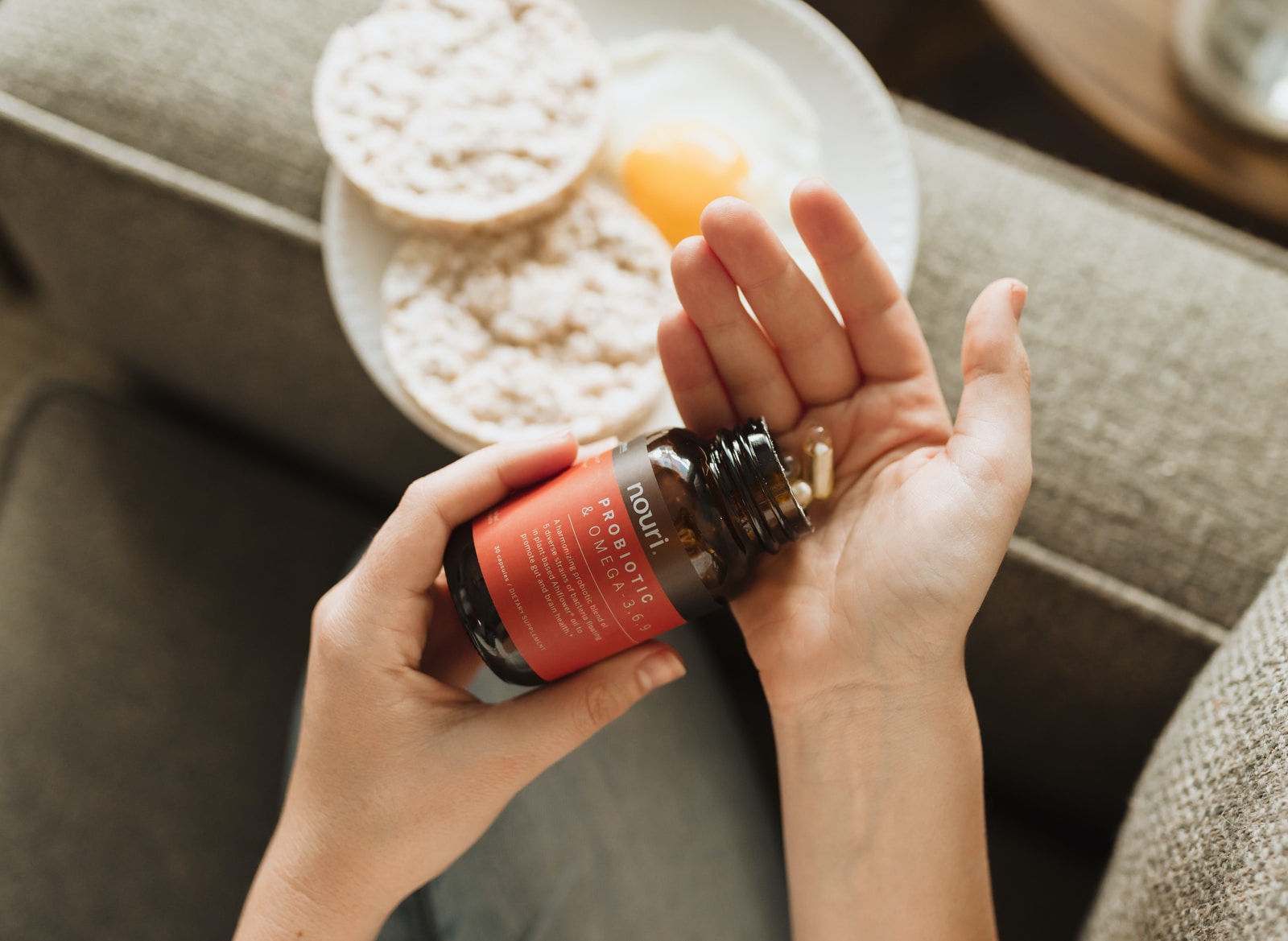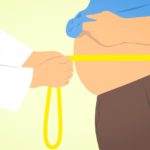There is zero chance that you have not heard of probiotics. People, with or without IBS, have been talking about it.
Yet, when you ask them what probiotics are and why IBS people need it, only few of them can give you an answer. (Even if they give you answers, it may not be easy to understand.)
So what are probiotics?
What are probiotics?
Before we talk about probiotics, we will talk about the people around you. Around you, there are good and bad guys, and so the same is also true for bacteria. So what are probiotics? Probitoics are good bacteria (or yeast) helping you to balance the ecosystem in your guts. What does balanced ecosystem mean in terms of your IBS and health? Quite a lot, but the followiing two seems important for you and me:
- A balanced ecosystem in your guts means better digestion
- Which also means you will be much more energetic
Simply put, some IBS people (including me) got IBS because the good guys have the lower hand. As a result, the bad guys, which are already in your guts, expand their territories, which may probably be one of the reasons why you have to rush to the toilet.
What probitoics to buy for IBS
Now, you have had a big picture of what probiotics are. However, there are tons of probiotics available when you walk into a health food store. So the big questions for you are:
- Which one to buy?
- Which one is the best for IBS people?
A brother and a lady: Bifido & Lacto
In the field of probiotics there are two very commom species and they are a brother and a lady. The former is Bifidobacterium (Bifido, brother) and and the latter is Lactobacillus (Lacto, lady). There is a chance that some of you may have them in your bodies. Why? They are supposed to be gifts from your mother to you as during the process of your birth, the brothers and ladies were transferred through the brith canal, helping you to establish your first groups of bug friends (initial gut microbita).
So in other words, if you are not born naturally, but by C-section, the brothers and ladies were not your first groups of bug friends (but no worries as this is exactly one of the reasons why you need probiotics).
Probitoics for IBS-D: B. bifidum & B. longum
For Brother Bifido he has three sons who are very famous and popular: the first two being B. fididum and B. longum.
B. bifidum, the elder son, according to Professors John Cryan and Ted Dinan (principal investigators in the APC Microbiome Institute) are competitors of E. coli (Escherichia coli, some of them able to cause severe stomach cramps, bloody diarrhea, and vomiting) and yeasts (such as Candida, its overgrowth leading to infections). In this process of competition most bad bugs will be kicked out by this elder brother, and this kicking out means preventing diarrhea from happening to you.
What about the younger son, B. longum? Just like his brother, he is good at preventing diarrhea. However, besides this task, this bug brother also has four more:
- inhibits pathogens (microorganisms causing disease) in large intestines
- reduces inflammation
- reduces anxiety and depression
- improves lactose (sugar present in milk) tolerance
Source: The Psychobiotic Revolution: Mood, Food, and the New Science of the Gut-Brain Connection
Probitoics for IBS-C: B. lactis BB-12
Besides the two brothers, there is one more son from Brother bifidum, he is the youngest as he is a baby (BB), a baby with a long name: Bifidobacterium lactis BB-12, a probiotic recommeded by a nutritionist (Camilla Gray).
Don’t look down upon this baby. BB-12 is such a tough bug that it can survive the harsh conditions of your gastrointestinal tract (e.g. resistant to stomach acid). After swmming through a sea of acid, it reaches your large intestines to help with your bowel movements, and at the same times, enhance the function of your immune system.
(An extra benefit if you are a parent: he can reduce excessive crying and fussing for your babies and children.)
What about Lady Lacto?
As far as our IBS is concerned, we have to also talk about Lactobacillus plantarum. (Lady) Lactobacillus plantarum, according to Professors Cryan and Dinan, are found in fermented foods such as pickles, kimchi, brined olives, and sauerkraut. This lady is good for you as she helps reduce inflamation (e.g. bloating) and gut pain. (In addition, she also has been proved to enhance memory and reduce memory loss due to aging.)
A particular popular one is Lactobacillus plantarum PS128. Derived from a traditional Taiwanese food, fermentated mustard green vegetables, this lady is not only beautiful but also fightful. She brings down bad bugs (pathogenic bacteria) by lowering the pH of your gut, making the gut environment harsh for them, which is only her first tactics.
Her second tactics is about taking part in a competition, one in which she battles against bad bugs for two things: food (nutrients) and living space. In this competition, the lady eats out food otherwise would be eaten by bad bugs and occupies houses (or flats) lived by them. The results? Because of this lady (Lactobacillus plantarum PS128), bad bugs have no food to eat and no place to live.



